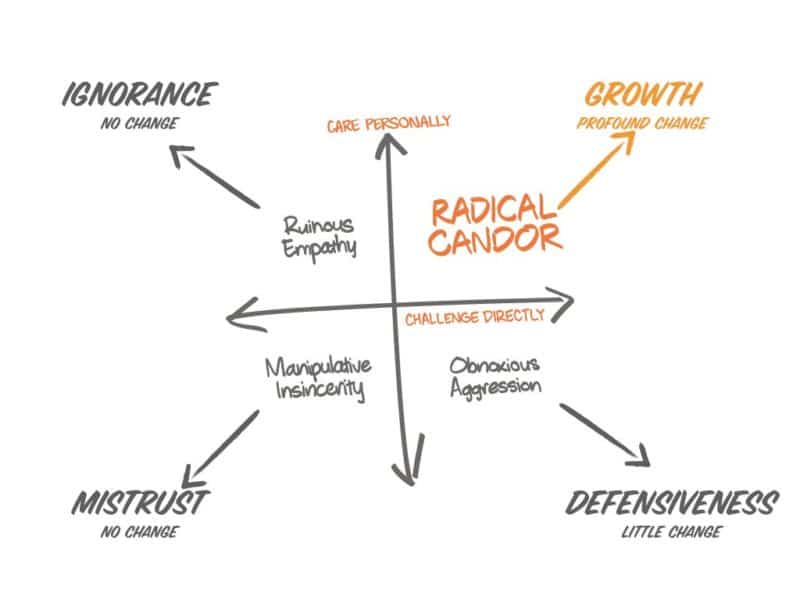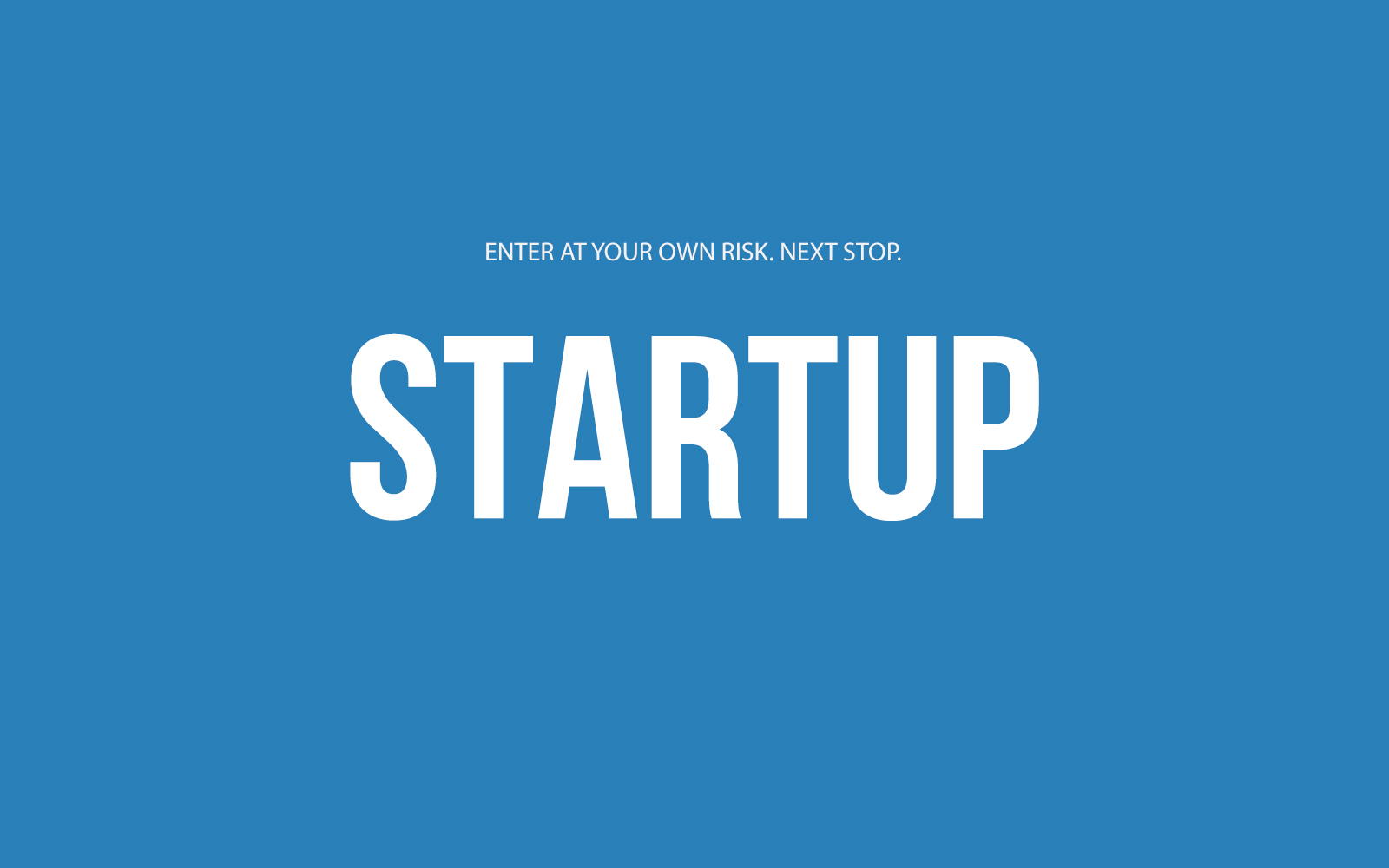Books of 2019
In the year 2019, I re-read over 5+ books and read another 50+ new books in both digital (Kindle) and physical books. I’ve enough books lined up, either purchased or bookmarked on Amazon to last me quite a lot of reading.
I have also made a simple guideline that my daughter can read as many books as she wants. The only caveat being that if she cannot or does not want to finish a book, they have to wait for the week to pass before they can buy another book. She is used to both physical and digital (Kindle) books.
Dan Roam’s Books
I wanted to learn to draw/sketch out my ideas better. The best source for me was the books by Dan Roam. I enjoyed reading Show and Tell, Draw to Win, and Unfolding the Napkin. I’m yet to read Back of the Napkin, and Blah Blah Blah.
I adapted the idea of doing presentations and storytelling to my teams, via sketches and not slides. I have a long way to go to master this beautiful art of storytelling with visuals, sketches, and speeches.
Genghis Khan and the Making of the Modern World
The most surprising book and one of my personal favorite turn out to be Genghis Khan and the Making of the Modern World by Jack Weatherford.
From our history books, Genghis Khan was definitely not a good person. He conquered, murdered, and lay waste to vast lands and inhabitants. However, his advocacy for human rights, freedom of religion, free trade, propagation and preservation of knowledge, turns out to be pretty impressive for that time.
Well, Genghis Khan was a visionary leader whose conquests joined backward Europe with the flourishing cultures of Asia to trigger a global awakening, an unprecedented explosion of technologies, trade, and ideas.
The book will give you enough details to make it applicable to the current world scenarios and events. I’m sure you will like the book.
Basecamp Books
The team at Basecamp wrote some of the best books on ethics, culture, and team-work. All of their books are masterpieces. Getting Real set a new standard long back and is more relevant in today’s workplaces. Many remote, remote-first companies swear by and consider Remote to be their Bible. Of course, every entrepreneur should read Rework at-least once.
A massive inspiration for me to work with calm, empathy and happiness for everyone came from the Basecamp founder, Jason Fried, David Heinemeier Hansson with their book, “It Doesn’t Have to Be Crazy at Work”. The book has enforced my own personal beliefs in minimalism, simplicity, focus, and that “slow is smooth; smooth is fast” philosophy. Be Calm and Carry on.
It will be an injustice to talk about Basecamp books and not mention Shape Up. It is a book on how Basecamp goes about their work/projects and ‘milestones’. It is not about sprints, agile, but of how teams can Stop Running in Circles and Ship Work that Matters.
Simon Sinek
Simon Sinek is a popular motivational speaker, popular for his TED Talk in 2009 - Why. His book, “Start With Why: How Great Leaders Inspire Everyone To Take Action” is indeed the extended, clearly articulated version in book-form. Listen to the talk for quick inspiration, and to take action; read the book for a life-long lesson.
Many people believe that this book is an overdone repetition of his TED Talk. However, I would argue that the book is the way to take in things slow, understand the details, and have actionable desires to implement in ones’ life and work.
His other book The Infinite Game is pretty good but not as good as his Why book.
Radical Focus
With her extensive experience working with massively successful companies, Zynga, LinkedIn, etc., the author brings forth some of the hard-facts and down-right actionable items in her book Radical Focus: Achieving Your Most Important Goals with Objectives and Key Results.
Christina Wodtke writes about creating a framework for regular check-ins, key results, and the beauty of a good fail – and how to take a temporary disaster and turn it into a future success. The book demonstrates how to use Objectives and Key Results (OKRs) to help teams realize big goals in a methodical way.
Just F*ing Demo!
In this short 40-pages book, the author outlines the tactics that helped him overcome challenges, lead clear, relevant demos, and exceed revenue generation goals.
Just F*ing Demo!: Tactics for Leading Kickass Product Demos by Rob Falcone teaches the readers on;
- How to structure a demo.
- How to ask questions that uncover what your audience truly cares about.
- How to translate audience needs into a flow that is extremely easy to follow.
- How to use simple but powerful interpersonal tactics within the demo itself.
Venture Deals
I’ve been meaning to read Brad Feld’s, Venture Deals: Be Smarter Than Your Lawyer and Venture Capitalist (Amazon) for a very long time. The book has aged and may not be directly relevant today. However, this is a good refresher/history lesson and a preparedness book if you live in the Startup world and are raising or plan to raise Venture Capitals for your Startup.
The book explains the inner-workings of the venture capital deal process to entrepreneurs and investors. It explores the different stages of financings, describes the many types of investors who might fund your company, and goes through the venture capital term sheet in-depth. It explains effective negotiating strategies and covers various types of funding, including equity, traditional convertible debt, venture bank debt, or one of the newer practices of crowdfunding and pre-sales.
The new 2019’s 4th Edition includes revisions and updates to negotiating, gender issues, ICO’s, and economic terms. Several new chapters examine legal and procedural considerations relevant to fundraising, venture bank debt, etc.
Team & Company Culture
This year, I focused my reading quite a lot about team and culture. One of the most-talked-about, good book turns out to be Ben Horowitz’s What You Do Is Who You Are: How to Create Your Business Culture. Ben Horowitz, co-founder and general partner of Andreessen Horowitz venture capital, writes about his experiences and insights from his career as a computer science student, software engineer, co-founder, CEO, and investor.
“Culture is not like a mission statement; you can’t just set it up and have it last forever. There’s a saying in the military that if you see something below standard and do nothing, then you’ve set a new standard. This is also true of culture—if you see something off-culture and ignore it, you’ve created a new culture.”
The Culture Code: The Secrets of Highly Successful Groups by Daniel Coyle who believes that, “Culture is a set of living relationships working toward a shared goal. It’s not something you are, it’s something you do.”

Radical Candor by Kim Malone Scott is another interesting book on developing a culture of optimal management. Kim managed teams at Google, Apple, and has been practicing a new approach to effective management – “radical candor”.
Radical candor is the sweet spot between managers who are obnoxiously aggressive on one side and ruinously empathetic on the other. It’s about providing guidance, which involves a mix of praise as well as criticism—delivered to produce better results and help employees achieve.
Radical Candor offers a guide to those bewildered or exhausted by management, written for bosses and those who manage bosses. The book shows managers how to be successful while retaining their humanity, finding meaning in their job, and creating an environment where people both love their work and their colleagues.
Starting, Failing, Re-Starting

Of course, I did read quite a lot of books on Business, Ideas, and Stories about companies’ successes and failures.
The Launch Pad: Inside Y Combinator, Silicon Valley’s Most Exclusive School for Startups by Randall E. Stross is an un-official insider book about Y Combinator. Every 6-month, Y Combinator selects an elite group of young entrepreneurs from around the world for three months of intense work and instruction. The Startups are given a seemingly impossible challenge: to turn a raw idea into a viable business, fast.
We don’t change the world by starting with our brilliant ideas, our dreams; we change the world by helping others to live their dreams. The story of ideas that fly is the story of the people who embrace them, love them, adopt them, care about them and share them. Successful ideas are the ones that become meaningful to others—helping them to see what’s possible for them.
But for every groundbreaking business that started this way, a thousand others have stalled or failed. Why? What’s the secret to success? What do Khan Academy, the GoPro camera, the Dyson vacuum cleaner and Kickstarter have in common? Every business that flies starts not with the best idea, the biggest budget or better marketing, but with the story of someone who wants to do something—and can’t.
If you’re building a product, then you should be testing with moms. The Mom Test is a quick read and will give you some practical guide that will save you time, money, and heartbreak. Talking to customers is one of the foundational skills of both Customer Development and Lean Startup. We all know we’re supposed to do it, but nobody seems willing to admit that it’s easy to screw up and hard to do right. This book shows you how customer conversations go wrong and how you can do better.
Bill Campbell played an instrumental role in the growth of several prominent companies – Google, Apple, and Intuit – fostering deep relationships with Silicon Valley visionaries, including Steve Jobs, Larry Page, and Eric Schmidt. He also mentored dozens of other important leaders on both coasts, from entrepreneurs to venture capitalists to educators to football players, leaving behind a legacy of growing companies, successful people, respect, friendship, and love after his death in 2016.
Based on interviews with over eighty people who knew and loved Bill Campbell, the Trillion Dollar Coach explains the Coach’s principles and illustrates them with stories from the many great people and companies with which he worked. The result is a blueprint for forward-thinking business leaders and managers that will help them create higher performing and faster-moving cultures, teams, and companies.
The Indian digital ecosystem is exploding. The romance of the startup story fills media columns. But, for every new venture that made it, there are numerous others that didn’t. The untold story of the successes is that every one of them almost didn’t make it. Each one had a near-death experience, almost shut down, almost sold itself too short—in short, almost ‘blew it’.
Sidharth Rao’s How I Almost Blew It talks to some of India’s biggest entrepreneurs—Sanjeev Bikhchandani, Deep Kalra, Deepinder Goyal, Ashish Hemrajani, Sahil Barua and Girish Mathrubootham and others—to tell stories that shock, reveal and inspire. Sidharth narrates the tales of some of the Indian startup industry titans.
Parag Khanna believes in a world where The Future Is Asian. There is no more important region of the world for us to better understand than Asia. Asia’s complexity has led to common misdiagnoses: Western thinking on Asia conflates the entire region with China, predicts imminent World War III around every corner, and regularly forecasts debt-driven collapse for the region’s major economies. But in reality, the region is experiencing a confident new wave of growth led by younger societies from India to the Philippines, nationalist leaders have put aside territorial disputes in favor of integration, and today’s infrastructure investments are the platform for the next generation of digital innovation.
In the 19th century, the world was Europeanized. In the 20th century, it was Americanized. Now, in the 21st century, the world is being Asianized.
If you’re having trouble changing your habits, the problem isn’t you. The problem is your system. Bad habits repeat themselves again and again not because you don’t want to change, but because you have the wrong system for change. You do not rise to the level of your goals. You fall to the level of your systems.
Learn how to:
- make time for new habits (even when life gets crazy);
- overcome a lack of motivation and willpower;
- design your environment to make success easier;
- get back on track when you fall off course;
Atomic Habits will reshape the way you think about progress and success, and give you the tools and strategies you need to transform your habits – whether you are a team looking to win a championship, an organization hoping to redefine an industry, or simply an individual who wishes to quit smoking, lose weight, reduce stress, or achieve any other goal.

Essentialism, Stoicism, Life & Philosophies
I also tried to dive and dug deeper into the philosophies of life, of modern Stoicism, Minimalism and Essentialism.
When two great spiritual masters share their own hard-won wisdom about living with joy even in the face of adversity, what you get is a super relaxing book – The Book of Joy: Lasting Happiness in a Changing World.
The book talks about their stories and teachings about joy, the most recent findings in the science of deep happiness, and the daily practices that anchor their own emotional and spiritual lives. Both the Dalai Lama and Archbishop Tutu have been tested by great personal and national adversity, and here they share their personal stories of struggle and renewal.
I also pored over how people and communities around the world are living happier lives. It is about families, friends, and closely knitted communities. I read quite a few life-changing and meaningful ways of living in the books of Ikigai: The Japanese Secret to a Long and Happy Life, The Little Book of Lykke: The Danish Search for the World’s Happiest People, Ryan Holiday’s Stillness Is the Key, and re-read his other book, Ego is the Enemy, Lifescale: How to Live a More Creative, Productive, and Happy Life.
And I finally read up on a much-delayed reading, Bringing Up Bébé. A handful of learnings, but I must say, we Indians too, have our amazing ways of bringing up a kid.
Happy Reading.

